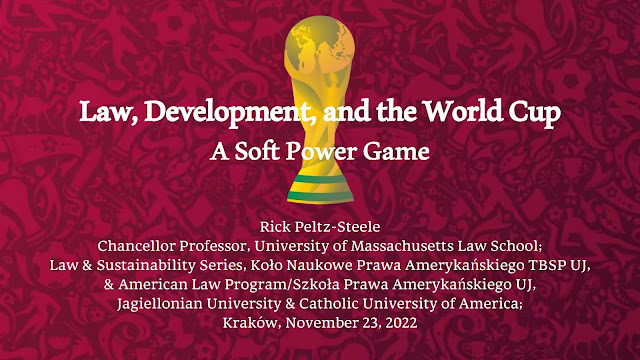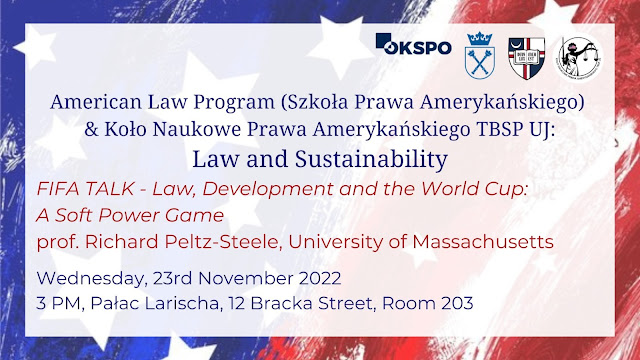 |
Boston police officer assists an elderly pedestrian in 2014.
(Alex Klavens CC BY 2.0 via Flickr)
|
A dispute over elder care occasioned treatment of qualified immunity and a range of tort theories by the Massachusetts Appeals Court yesterday.
Gallagher v. South Shore Hospital arose from an apparently mismanaged effort to investigate and redress a report of elder abuse; the report proved unfounded. The plaintiff caretaker and elder man alleged that a police officer and state agent entered their home without sufficient suspicion or warrant and removed the man from the home, and that a hospital then held and tested the man for five days against her and his will.
Most of the court's opinion comprised blow-by-blow facts and the Fourth Amendment analysis. However, the court opined as well on a range of common law tort claims against the defendants: a police officer, a state-contracted elder service agent, and South Shore Hospital, Inc., for trespass, false imprisonment, and battery. The police officer defended on grounds of qualified immunity, inter alia.
In proceedings on various motions, two trial court judges awarded summary judgment to all defendants. The trial courts held the state actors protected by qualified immunity and the tort claims flawed.
In the estimation of the Appeals Court, the trial courts erred. The Appeals Court reversed and remanded as to all defendants, finding that live questions of fact precluded the summary judgments. In my estimation, the error on qualified immunity was informative, and the errors on tort theories were egregious.
In articulating the qualified immunity theory, the police defendant and eldercare agent pointed to a concurrence by Justice Kavanaugh in a 2020 U.S. Supreme Court case, Caniglia v. Strom, in which the Court held unanimously that a warrantless home entry and firearm seizure violated the Fourth Amendment. The Appeals Court explained:
[Officer] Pompeo argues that the facts at bar are similar to the example of an elder welfare check that Justice Kavanaugh described in his concurring opinion in Caniglia. In his example, "an elderly man is uncharacteristically absent from Sunday church services and repeatedly fails to answer his phone throughout the day and night. A concerned relative calls the police and asks the officers to perform a wellness check." Justice Kavanaugh stated that "[o]f course," in those circumstances, the officers may enter the home. Pompeo argues that she reasonably thought [elder plaintiff] LaPlante was injured or in imminent danger on June 25 because no one responded to the doorbell, knocks, or telephone call, and because [caretaker] Gallagher had left LaPlante in the car with strangers two days earlier.
The trial court found these facts to constitute the requisite exigency to enter the home. The Appeals Court disagreed.
The facts in this case are nothing like the hypothetical Justice Kavanaugh described. The implication of the hypothetical is that the elderly man lives alone. LaPlante did not. Moreover, Gallagher and LaPlante were not out of touch or nonresponsive, as was the elder in Justice Kavanaugh's hypothetical. Pompeo and another elder care worker had seen LaPlante two days earlier ... and his appearance was not a cause for concern....
Further, even if Pompeo could see LaPlante on the couch [through a window], neither he nor Gallagher had any obligation to answer the door or respond to the knock. "When law enforcement officers who are not armed with a warrant knock on a door, they do no more than any private citizen might do. And whether the person who knocks on the door and requests the opportunity to speak is a police officer or a private citizen, the occupant has no obligation to open the door or to speak." Kentucky v. King (U.S. 2011). A jury could find that Gallagher's lack of response to a knock on the door when she was not expecting visitors, and her absence from the room in which LaPlante was sleeping, did not give rise to a reasonable belief by Pompeo that LaPlante was unattended and suffering an emergency.
In an age in which the public is increasingly skeptical of police qualified immunity, the analysis is refreshing for taking seriously the doctrine's objective check on police perception. The likely failure of qualified immunity here leaves the state defendants vulnerable to the civil rights and tort claims on remand.
On the tort claims, the trial courts erred egregiously in dismissing for perceived want of injury. My first-semester, 1L Torts students can tell you that none of trespass, false imprisonment, nor battery requires physical injury, in the sense of impact. These intentional torts all balance a higher culpability state with a lower injury threshold. The lower threshold rests upon the theory that tort objectives such as preserving the peace and averting vigilantism justify recognition of insults to personal integrity or honor, even in the absence of physical or pecuniary loss. The notion is as old as the Roman law of iniuria.
As to trespass, the Appeals Court opined, quoting Massachusetts high court precedents, "It has long been the 'general rule' in this Commonwealth that 'possession of real estate is sufficient to enable the parties in possession to maintain an action against a stranger for interfering with that possession.' Proof of injury is not required; 'the action is founded merely on the possession.'"
Similarly, false imprisonment is accomplished by the plaintiff's awareness of confinement, and battery by an "offensive," that is, non-consensual nor justified-by-social-contract, touching of the plaintiff. In false imprisonment, "[i]t is enough if a person's personal liberty is restrained," the Appeals Court opined. And even if the elder man, not legally competent at the time, "was not aware of his confinement, Gallagher, his proxy, was." The court further relied on, while expressly not adopting, similar sentiments in the Second Restatement of Torts.
On each theory, the plaintiff is permitted to prove compensable loss above and beyond the minimal, prerequisite condition of injury. The caretaker alleged that the elder man in fact deteriorated physically while in hospital care, evidenced by an enlarged bedsore and diminished mobility. And the facts established to date indicate that the elder man had been subject to blood and urine testing in the hospital without the consent of the caretaker, his only proxy: a more-than-de-minimis, physical insult.
The same reasoning that unwound qualified immunity negated any defense of emergency on which the trial courts relied to dismiss the tort claims as a matter of law. And the hospital claimed no emergency over the elder man's five-day residency, such as would have justified failing to seek the caretaker's consent.
Finally, I was struck by a footnote the court dropped that speaks not only to the sad facts of this case, but to the broader context of our present, vigorous public policy discussion about the role of police in society and our infrastructure for social services, such as physical and mental healthcare. The court lamented:
[The eldercare agent who precipitated investigation and police involvement,] Bessette[,] and Gallagher were strangers to one another. Perhaps if Bessette had agreed to assist Gallagher by sitting with LaPlante for an hour while Gallagher did grocery shopping, she could have accomplished her investigatory purpose—allowing her to speak with LaPlante alone— and we might not have a case at all. Pasqualone v. Gately (Mass. 1996) (if officer had asked gun owner to voluntarily turn over his weapons after his license was revoked rather than demand them with considerable show of force, we might have a different case).
Recently, my wife and I read in the New York Times Magazine about the "viral nightmare" that exploded at Arizona State University from students' feud over the "multicultural safe space," fueled in no small part by the university's hyper-formalist response.
"If only someone had sat them down and made them listen to each other ... ," my wife sighed.
The instant case is Gallagher v. South Shore Hospital, Inc., No. 21-P-207 (Mass. App. Ct. Oct. 6, 2022) (temporary posting). Justice Vickie L. Henry wrote the opinion for a unanimous panel that also comprised Chief Justice Green and Justice Sullivan.


















